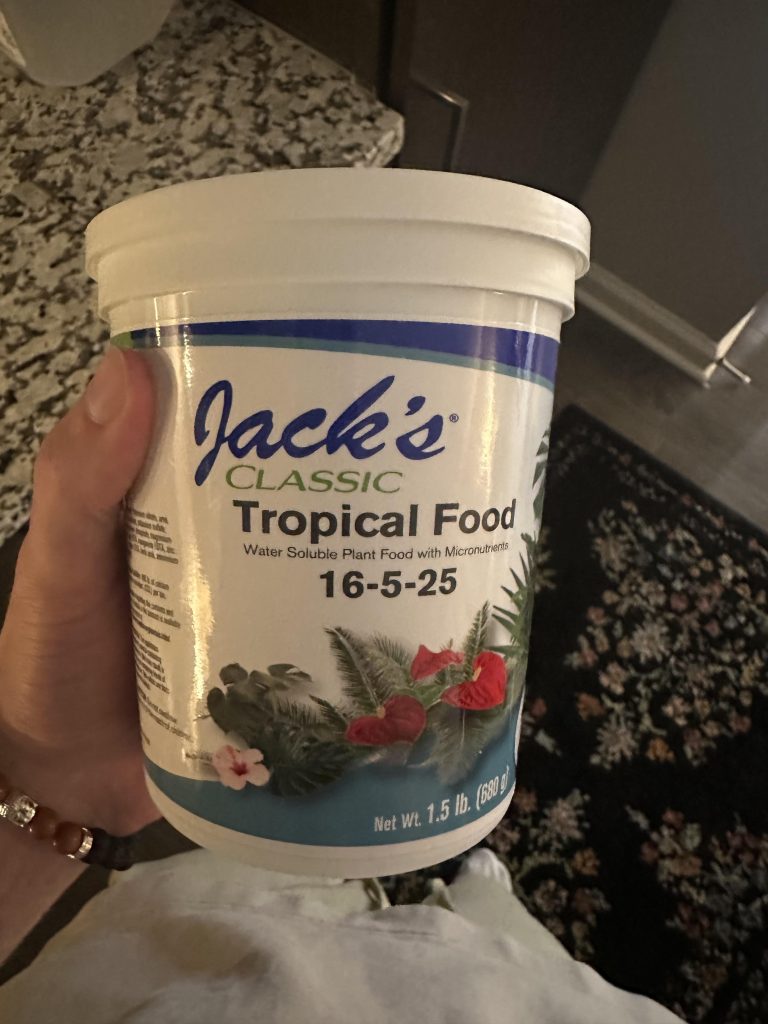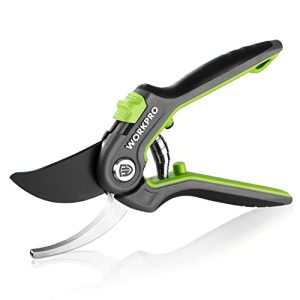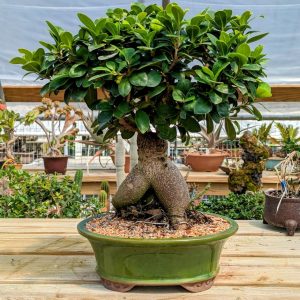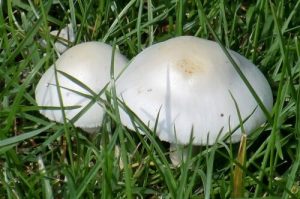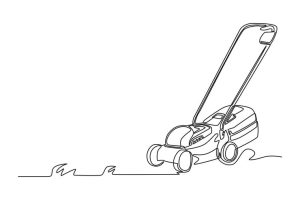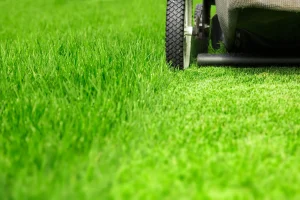Ever find yourself standing in the gardening aisle, staring at rows of colorful bottles and bags, wondering if plant food and fertilizer are just two names for the same thing? If you’re confused, you’re not alone.
Many gardeners and plant enthusiasts, just like you, grapple with this question. Understanding the difference could be the key to transforming your garden from ordinary to extraordinary. Picture lush green leaves, vibrant blooms, and a thriving garden that becomes the envy of your neighborhood.
Sounds appealing, right? Unravel the mystery of plant food versus fertilizer, and unlock the secrets to nurturing your plants to their fullest potential. Curious to learn more? Dive in and discover how you can make your garden flourish like never before.
Plant Food Basics
Understanding plant food is crucial for any gardening enthusiast. It’s the secret sauce that helps your plants thrive. But what exactly is plant food, and how does it differ from fertilizer? Let’s break it down to the basics.
Components Of Plant Food
Plant food consists of essential nutrients that plants need to grow. These nutrients are broadly categorized into macronutrients and micronutrients.
- Macronutrients:These include nitrogen (N), phosphorus (P), and potassium (K). They are often referred to as NPK and are vital for plant health. Nitrogen promotes leaf growth, phosphorus is important for roots and flowers, and potassium enhances overall plant health.
- Micronutrients:Elements like iron, manganese, and zinc fall into this category. Although needed in smaller quantities, they are equally important for plant development.
Each nutrient plays a specific role in the plant’s life cycle. Without them, plants can show signs of deficiency, such as yellowing leaves or stunted growth.
Natural Sources Of Plant Nutrients
Have you ever thought about how plants in the wild thrive without packaged products? Nature provides a bounty of natural sources for plant nutrients.
- Compost:Rich in organic matter, compost is a fantastic source of nutrients. It improves soil structure and fertility, helping your plants absorb nutrients effectively.
- Manure:This age-old favorite is packed with nitrogen, phosphorus, and potassium. Well-rotted manure enriches the soil, ensuring plants have a steady supply of nutrients.
- Bone Meal:A great source of phosphorus, bone meal is perfect for promoting root growth. It’s particularly useful when planting bulbs and root vegetables.
Consider integrating these natural options into your gardening routine. They are not only effective but also environmentally friendly. Would you prefer a natural approach or a synthetic one for your garden? Your choice can make all the difference in the world of plants.
Fertilizer Fundamentals
Understanding fertilizer is key to nurturing healthy plants. Fertilizers provide essential nutrients that plants need to grow. They support root development, flower production, and overall vigor. Knowing the basics helps in choosing the right type for your garden.
Types Of Fertilizers
Fertilizers come in various forms, each serving different needs. Here are the common types:
- Granular fertilizers:These are solid and often slow-release. They are easy to apply and effective over time.
- Liquid fertilizers:These are fast-acting and easily absorbed. They provide quick nutrient boosts.
- Controlled-release fertilizers:Designed to release nutrients slowly. They reduce the need for frequent applications.
Synthetic Vs. Organic Fertilizers
Choosing between synthetic and organic fertilizers depends on your gardening goals. Each has unique benefits.
Synthetic fertilizersare man-made. They offer precise nutrient formulas. They are often affordable and easy to find. They work quickly, showing results fast.
Organic fertilizerscome from natural sources. They improve soil health over time. They are eco-friendly and support sustainable gardening. They might work slower but are gentle on plants.
Comparing Plant Food And Fertilizer
Have you ever stood in a garden store, staring at shelves of colorful bottles, wondering whether plant food and fertilizer are the same thing? While they both promise lush growth, they serve distinct purposes. Understanding these differences can lead you to healthier plants and more rewarding gardening experiences. Let’s dig into the specifics of their nutrient content and application methods to help you make informed choices.
Nutrient Content Differences
Plant food often contains a mix of essential nutrients like nitrogen, phosphorus, and potassium, but it also includes trace minerals that are crucial for plant health. Imagine it like a multivitamin for your plants. It’s designed to boost overall vitality.
Fertilizers focus primarily on providing the macro-nutrients—nitrogen, phosphorus, and potassium—usually in higher concentrations. Think of it as a power-packed energy drink for plants needing a growth boost. However, it might not cater to the subtle needs of every plant species.
So, which should you choose? Consider your plant’s current condition. If you’re noticing yellowing leaves or sluggish growth, a fertilizer might address those urgent needs. But for regular upkeep, plant food can maintain your plants’ health over time.
Application Methods
Plant food typically comes in liquid form, making it easy to mix with water and apply during regular watering. This method allows nutrients to be absorbed quickly, giving your plants an immediate lift.
Fertilizers, on the other hand, can be found in granules, spikes, or powders. Each type requires specific application methods. Granules might need to be worked into the soil, while spikes are simply placed near the root zone. This can be more labor-intensive but offers a longer-lasting nutrient release.
Which method aligns with your gardening style? If you prefer a simple routine, liquid plant food is hassle-free. But if you’re tackling tough soil or seeking sustained growth, consider the strategic use of granules or spikes. Reflect on your garden’s needs and your personal time commitment.
In the end, both plant food and fertilizer have their place in the garden toolkit. Your choice depends on the unique demands of your plants and how much effort you’re willing to invest. What does your garden say about your current approach?
Benefits And Drawbacks
Understanding the nuances between plant food and fertilizer can be quite enlightening for any gardening enthusiast. Both are essential tools in nurturing plant growth, but they offer different benefits and drawbacks. While fertilizers are designed to provide essential nutrients to plants, plant food encompasses a broader spectrum, often including organic matter that not only feeds the plants but also improves soil health. Let’s delve into their benefits and drawbacks, focusing on environmental impact and cost efficiency.
Environmental Impact
Fertilizers can significantly boost plant growth, but they may also come with environmental repercussions. Synthetic fertilizers, in particular, can lead to nutrient runoff, polluting nearby water bodies. This can harm aquatic life and disrupt ecosystems.
On the flip side, plant food that includes organic components tends to be more environmentally friendly. It enriches the soil without the harsh chemicals, promoting biodiversity in the garden. It’s worth considering: how does your choice affect the world around you?
Cost Efficiency
Fertilizers are often more affordable upfront, especially synthetic options. They can rapidly enhance plant growth, making them a popular choice for gardeners on a budget. However, this cost-efficiency can be deceptive.
Plant food might require a larger initial investment, particularly if you’re opting for organic options. But over time, it could prove more economical. Improved soil health can reduce the need for frequent applications, ultimately saving you money. Are you investing in the short-term or the long-term health of your garden?
Choosing The Right Option
Choosing the right option between plant food and fertilizer can be confusing. Both aim to nourish plants. Yet, they serve different functions. Understanding these differences helps in making an informed decision. It’s essential for the health and growth of your plants.
Assessing Plant Needs
Plants have unique nutritional requirements. Consider the type of plants you are growing. Some plants need more nutrients than others. Observe the growth and health of your plants. Yellow leaves or stunted growth might indicate nutrient deficiency. Knowing your plant’s needs helps in deciding between plant food and fertilizer.
Soil Testing Importance
Soil testing provides insights into nutrient levels. It helps determine if your soil lacks essential nutrients. A soil test will show pH levels and nutrient content. This information guides you in choosing the right plant food or fertilizer. Regular soil testing ensures optimal plant growth.
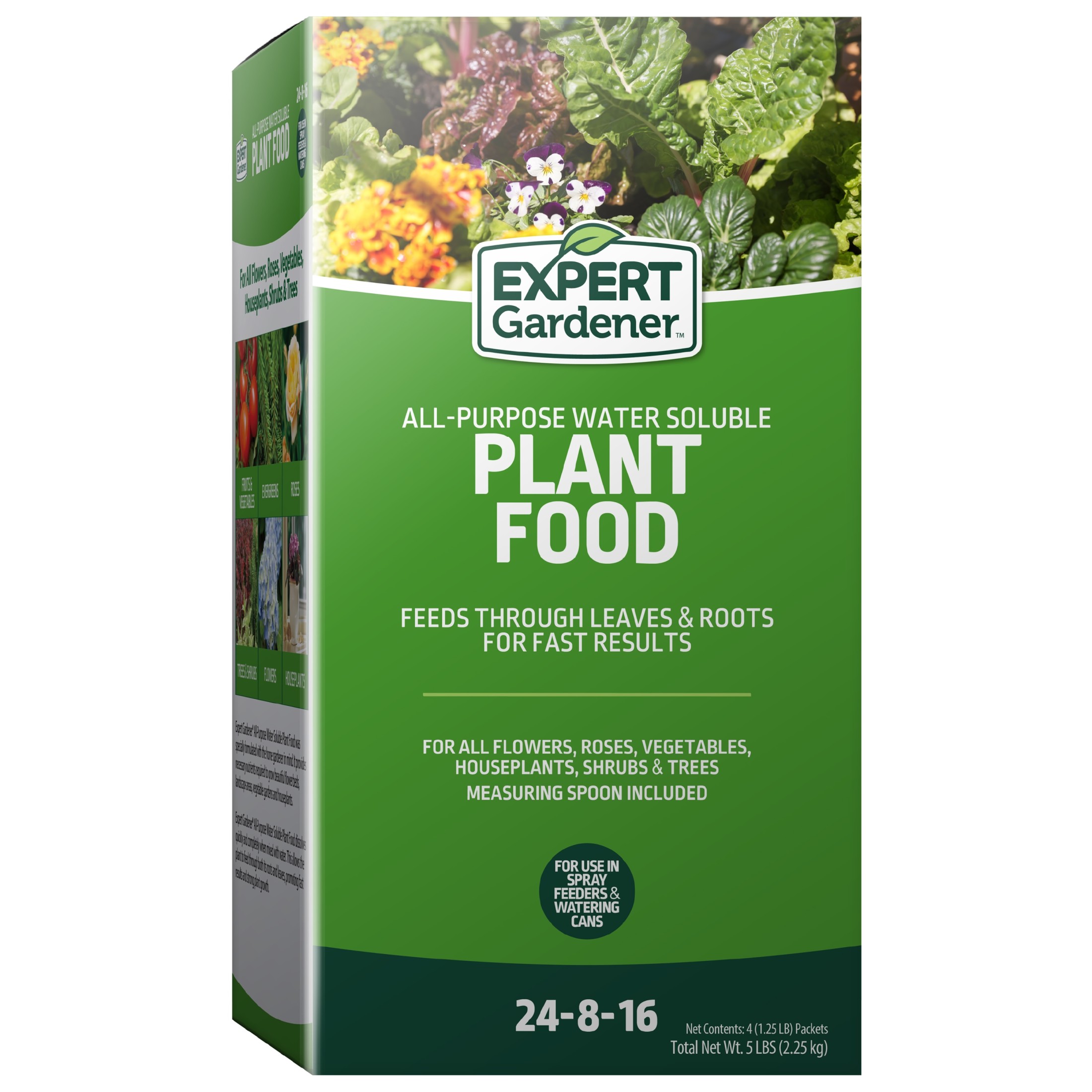
Credit: www.walmart.com
Common Misconceptions
Understanding the difference between plant food and fertilizer is crucial for gardeners. Many people believe they are the same, but this is a misconception. These products serve different purposes and knowing the difference can enhance plant health.
Myths About Plant Food
People often think plant food provides all nutrients. This is a myth. Plant food mainly supports the plant’s metabolic processes. It doesn’t replace the essential nutrients found in soil.
Another common myth is that plant food can revive dying plants. While it helps maintain health, it can’t fix poor soil conditions. Proper soil management is necessary for plant recovery.
Misunderstandings About Fertilizers
Fertilizers are often misunderstood as a cure-all for plant issues. They supplement nutrients like nitrogen, phosphorus, and potassium. They don’t address other plant needs like water and sunlight.
Some believe fertilizers can be used excessively for better growth. Overuse can harm plants and soil. Balanced application is key to healthy plant growth.
Tips For Effective Use
Understanding how to effectively use plant food and fertilizer can boost plant health. Both contribute to growth, but knowing their differences enhances their benefits. This section offers practical tips for using them effectively, focusing on optimal timing and correct dosage. Following these tips ensures your plants receive the nutrients they need.
Optimal Timing
Timing is crucial for plant health. Apply plant food during the growing season. This is when plants need the most nutrients. Fertilizer should be used when plants show signs of nutrient deficiency. Observe your plants closely. Look for yellow leaves or stunted growth. These signs indicate it’s time to fertilize.
Correct Dosage
Using the right amount prevents nutrient overload. Follow instructions on the packaging. Over-fertilizing harms plants. It can burn roots and leaves. Start with a small amount. Increase gradually if needed. Measure accurately. Use measuring cups or spoons. This ensures your plants get just what they need.

Credit: www.newpineplainsherald.org
Future Trends In Plant Nutrition
Understanding the difference between plant food and fertilizer is crucial for future plant nutrition trends. Plant food provides essential nutrients, while fertilizer enriches soil fertility. Both play unique roles in healthy plant growth.
Future Trends in Plant Nutrition The world of plant nutrition is evolving rapidly. New technologies and approaches are reshaping how we nourish plants. Understanding future trends is vital for gardeners and farmers alike. These trends focus on enhancing plant growth sustainably. Let’s explore these exciting developments.Innovative Products
Innovative products are entering the market. These products offer unique benefits for plant growth. Bio-enhanced fertilizers are one such innovation. They contain microorganisms that boost nutrient absorption. Slow-release fertilizers are another trend. They deliver nutrients gradually, reducing waste. Liquid plant foods are gaining popularity too. They provide quick nutrient access for plants. These products are designed for modern gardening needs.Sustainable Practices
Sustainable practices are becoming essential in plant nutrition. Organic fertilizers are leading the way. They improve soil health without harmful chemicals. Composting is another sustainable method. It recycles plant waste into valuable nutrients. Crop rotation is gaining attention too. It prevents soil depletion and improves fertility. These practices aim to protect the environment. They ensure long-term soil productivity. Overall, the future of plant nutrition looks promising. New products and sustainable methods are setting the stage. They offer hope for healthier plants and a healthier planet.
Credit: everythingexterior.com
Frequently Asked Questions
Can You Use Plant Food Instead Of Fertilizer?
Yes, you can use plant food instead of fertilizer. Plant food provides essential nutrients for growth. It supports healthier plants and enhances soil quality. Ensure the plant food matches your plant’s needs for optimal results. Always follow the instructions on the packaging for proper application.
Does Plant Food Have Fertilizer In It?
Yes, plant food contains fertilizer. It provides essential nutrients to support plant growth and health. Fertilizer in plant food supplies minerals like nitrogen, phosphorus, and potassium. These nutrients help plants thrive by enhancing root development, boosting flower and fruit production, and improving resistance to diseases.
What Is The Difference Between Plant Food And Fertiliser?
Plant food contains nutrients plants need for growth. Fertilizer enriches soil with essential minerals. Both support plant health.
Can I Fertilize And Plant Food Plots At The Same Time?
Yes, you can fertilize and plant food plots simultaneously. Ensure soil preparation and follow recommended guidelines for planting and fertilizing. This approach saves time and optimizes growth by providing essential nutrients directly to the plants. Always check specific needs for your chosen crops to enhance productivity and soil health.
Conclusion
Plant food and fertilizer both help plants grow. But they are not identical. Plant food is made by plants themselves. Fertilizer supplies nutrients to the soil and plants. Knowing the difference is key. Choose what’s best for your garden. Healthy plants need both.
Balanced nutrients ensure vibrant growth. So, consider your plant’s needs. Use plant food for natural support. Add fertilizer for extra help. Your garden will thank you for it. Happy gardening!

